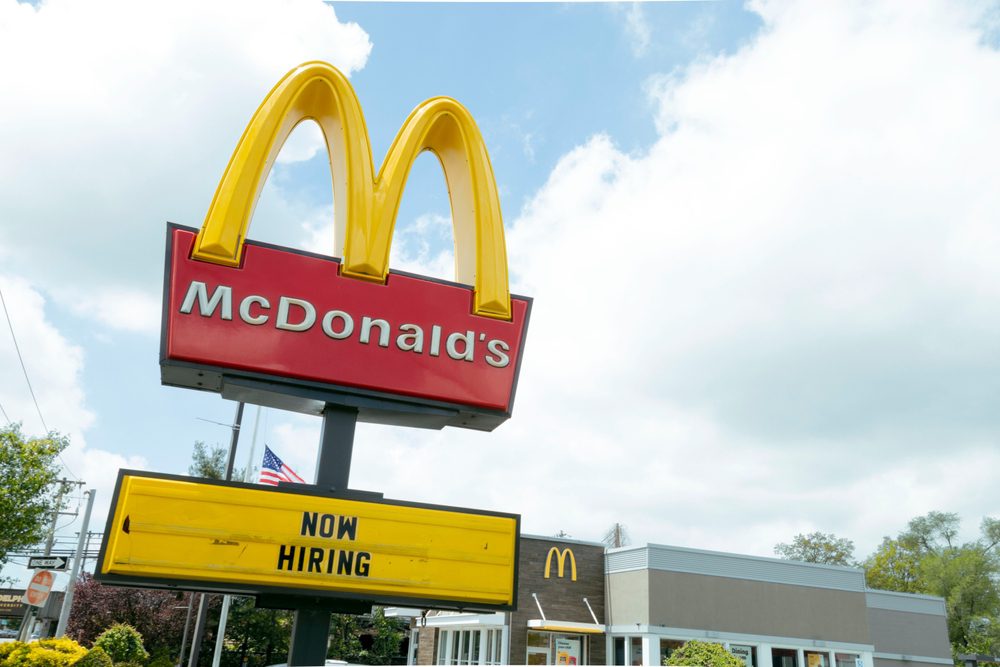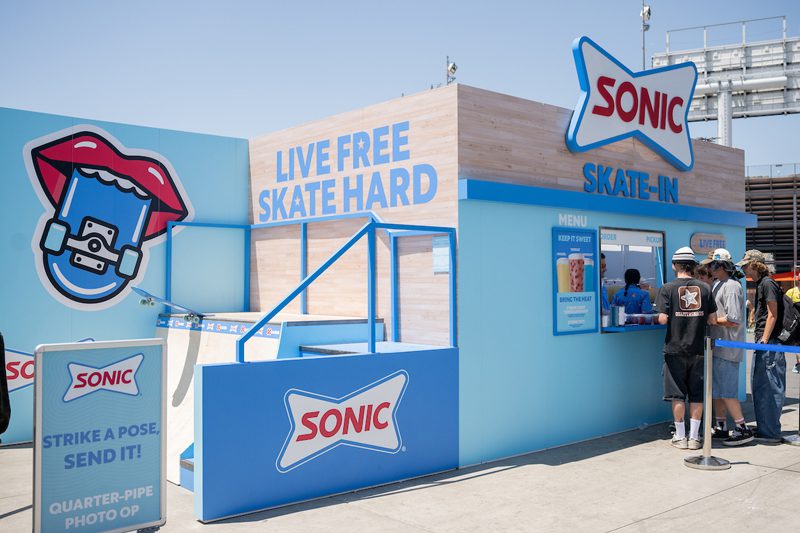The fulfillment of marketing offers has become a two-sided coin in recent years, as traditional, “analog” order completion has been supplemented by virtual delivery of digital incentives and premiums. In all cases, customer satisfaction and efficiency remain top priorities for brands and their fulfillment shops.
“We have to stay efficient to keep costs in line for our brand customers,” explains Sharon Reese-Dalenberg, president of Continental Ltd., a fulfillment operation based in Northlake, IL. “But, it cannot be at the expense of the customer’s experience, or both our client’s and our own reputation will be negatively impacted.”
Customer needs are driving investment in improved logistics, according to 67% of fulfillment houses surveyed by the Aberdeen Group in December 2004. Other top priorities are shortening fulfillment times and improving accuracy (another 67%), lowering total delivered cost (63%), lowering working capital requirement (52%), providing more value-added services (50%) and tightening freight capacity to offset increasing freight costs (47%).
Fulfillment companies are feeling the pressure because marketers continue to rein in this line of their budgets. In the past year, many have tried to tailor rewards more closely to each target consumer and enhance customers’ experience — but they require faster delivery executed more cheaply.
As they have for the past few years, marketers surveyed for the 2006 Industry Trends Report say they made no increase in their fulfillment spending, opting instead to further trim what they see as a cost center.
In response, fulfillment houses are trying to play more roles for each brand client. For example, marketing and fulfillment services agency The Jay Group provides its pharmaceutical industry clients with warehousing, real-time order processing, inventory control and distribution systems to enable timely delivery to end-users.
“You’re talking about something that goes far beyond fulfillment,” says Dana Chryst, CEO of the Rons, PA-based firm. “We consider ourselves marketing logistics partners. We procure and control the supply chain of all the component parts of a promotion — the premium, the display, the shrink film of a specialty item, designing and launching a promotional Web site, handling the transport logistics. We are sensitive to the marketing calendar, to the whole brand. Every touch point in the marketing supply chain is a critical touch point for the consumer.”
Recognizing the cost-savings of online fulfillment (no freight charges!), more shops have become proficient in delivering electronic premiums. New York City-based ePromos.com fulfills both physical products and digital premiums, such as USB flash cards preloaded with the client’s information. Customers have their own accounts and can log in and browse for various products. ePromos, whose clients include the internal company stores of Barclays and UBS, operates a warehouse in London that serves clients in Europe.
Brand-enhancing fulfillment must be affordable to the client, says Mark Yokoyama, ePromos marketing director. Systems should allow orders to be processed quickly (ePromos processes most orders the same day and guarantees shipment of the right product to the right place at the right time — or the client gets his money back, plus a 10% credit toward the next order).
It’s not just the clients who are each upping the ante for delivery. “People have grown to require instant gratification. When you reward them, they want something right away,” says Jill Ambrose, VP-marketing for Seattle-based GiftCertificates.com. “One of the challenges in fulfillment is that if you don’t deliver immediately, it can actually have a negative effect.”
SNAPSHOT 2005
Fulfillment gets outsourced by 28% of brands surveyed
Brands are spending less or the same as in 2004 to complete their offers
 Network
Network

